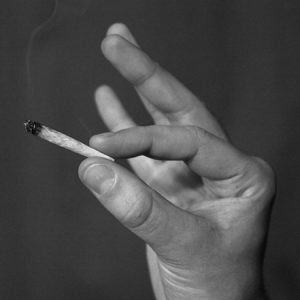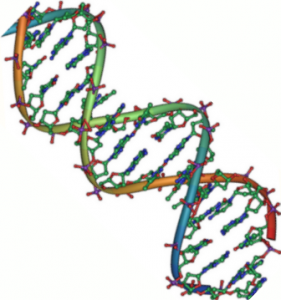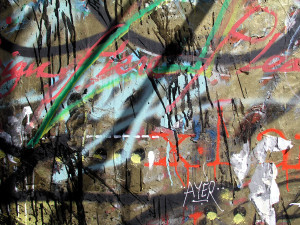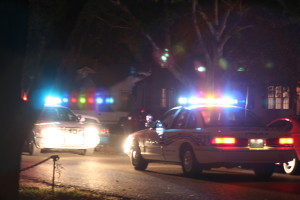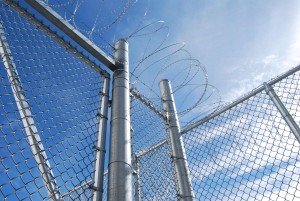 The criminal justice system has always been stacked unfavorably against the poor, not just in Chicago but across the globe. There is no better place to test this hypothesis than to consider the procedures and law relating to the source of bail hearing (see 725 ILCS 5). Defendants who are charged with drug-related offenses in Chicago will immediately be subjected to a bond hearing. This is designed to assess the money that is required to be posted in order to allow for release from custody pending the case conclusion. The District Attorneys (such as the one in Cook County) have developed a practice model in which the prosecutor requests the judge to hold a hearing about the source of bail funds prior to the bail being posted. Clearly, this is an attempt to ensure that tainted money is not channeled back through the court system. The source of finding may also provide the prosecutor with further evidence of the defendant’s criminality.
The criminal justice system has always been stacked unfavorably against the poor, not just in Chicago but across the globe. There is no better place to test this hypothesis than to consider the procedures and law relating to the source of bail hearing (see 725 ILCS 5). Defendants who are charged with drug-related offenses in Chicago will immediately be subjected to a bond hearing. This is designed to assess the money that is required to be posted in order to allow for release from custody pending the case conclusion. The District Attorneys (such as the one in Cook County) have developed a practice model in which the prosecutor requests the judge to hold a hearing about the source of bail funds prior to the bail being posted. Clearly, this is an attempt to ensure that tainted money is not channeled back through the court system. The source of finding may also provide the prosecutor with further evidence of the defendant’s criminality.
Tying the Defendant in Knots
Although the law was designed to capture hardened criminals with extensive networks of resources, the reality is that it merely makes life tough for the small time dealer who has to rely on terrified friends and family to post bail to a court that is potentially going to imprison them all. That is why an experienced defense attorney is important – to ensure that the procedures are applied correctly, consistently, and fairly. The starting point is understanding the fact that not all drug charges warrant a source of bail hearing. The entry point is that of possession of a controlled substance with intent to deliver or alternatively the manufacture of such a substance. Typically it is only the large quantity cases that will warrant the punitive aspects of the hearing.
 Chicago Criminal Lawyer Blog
Chicago Criminal Lawyer Blog



